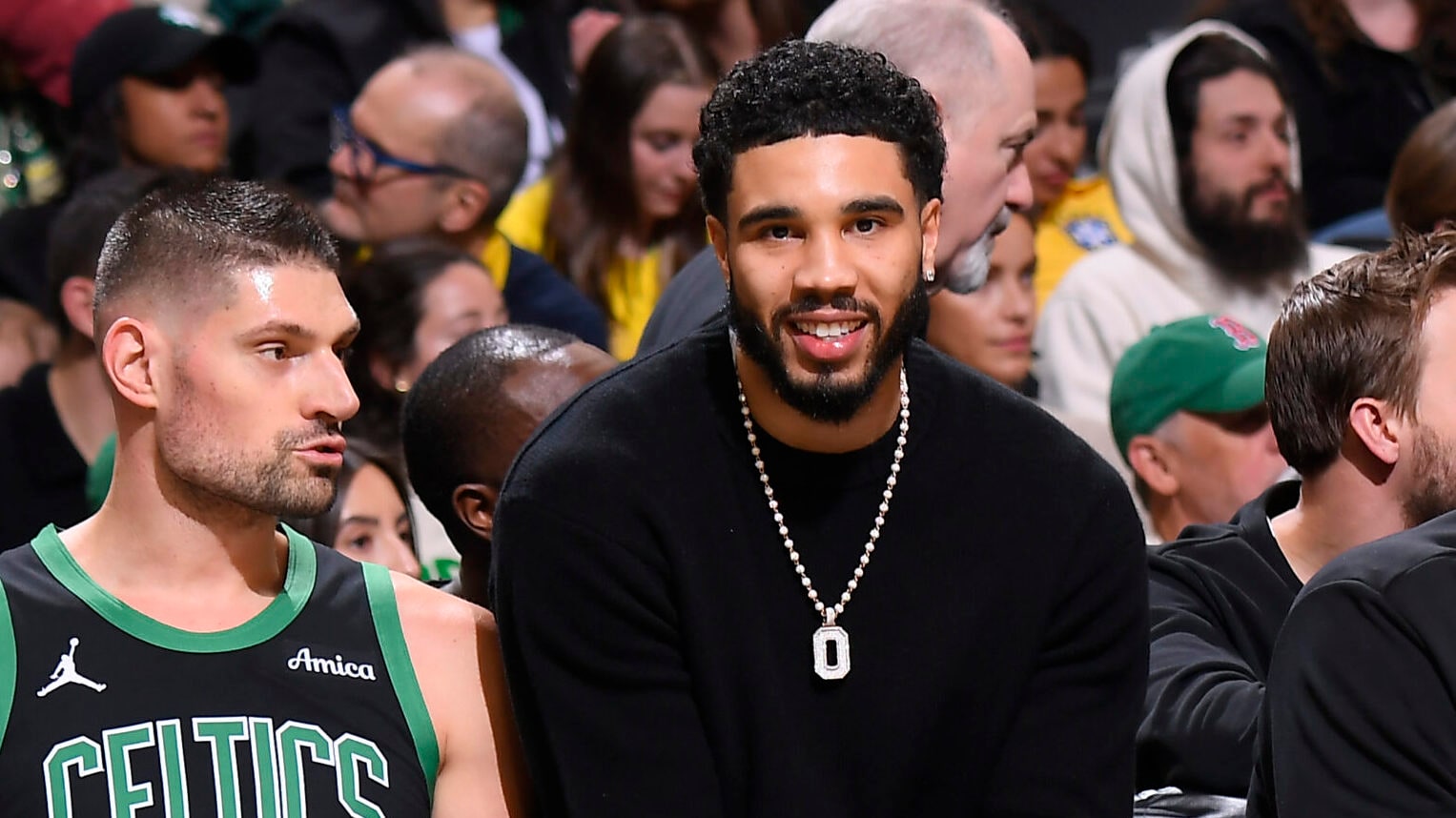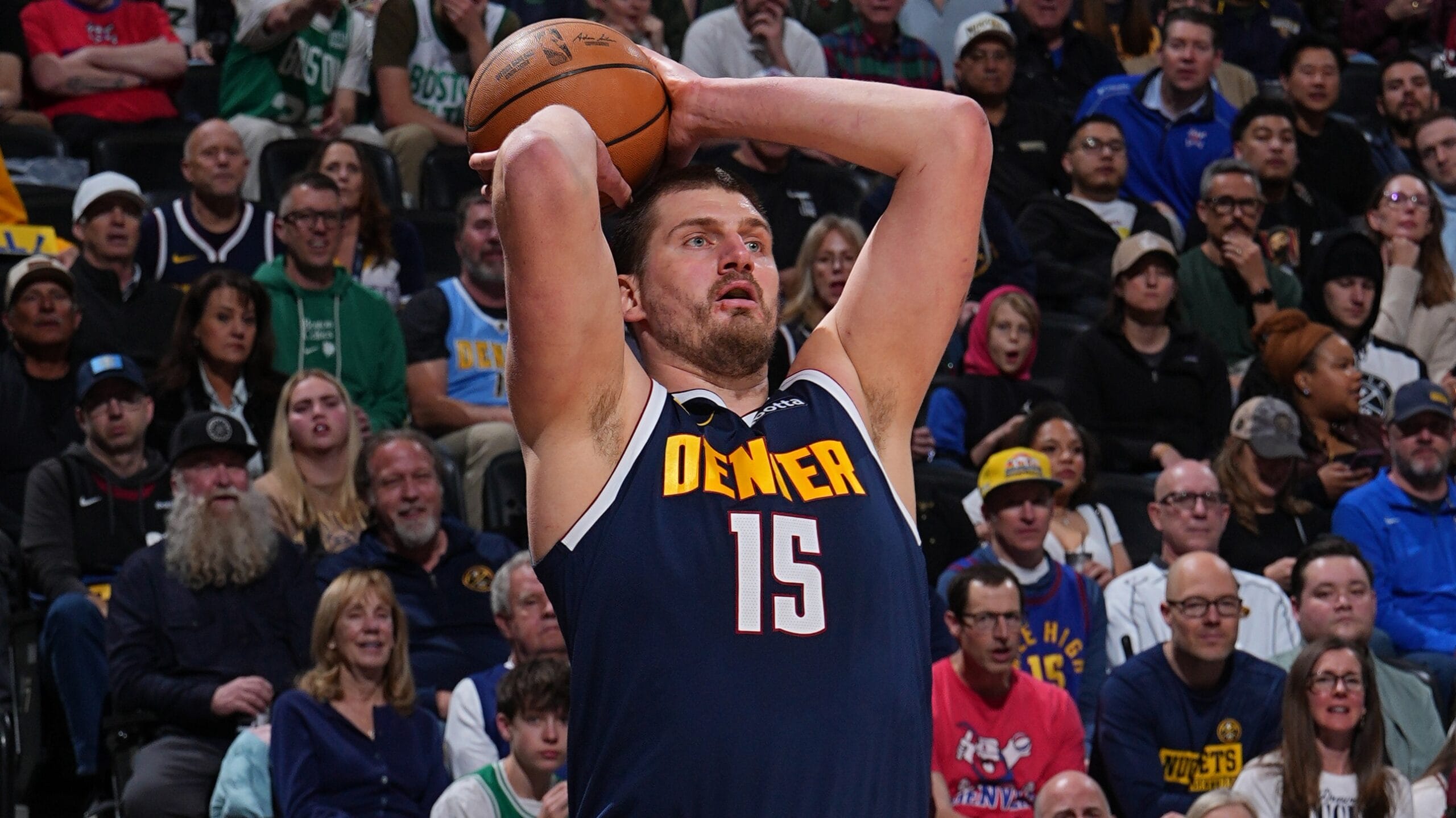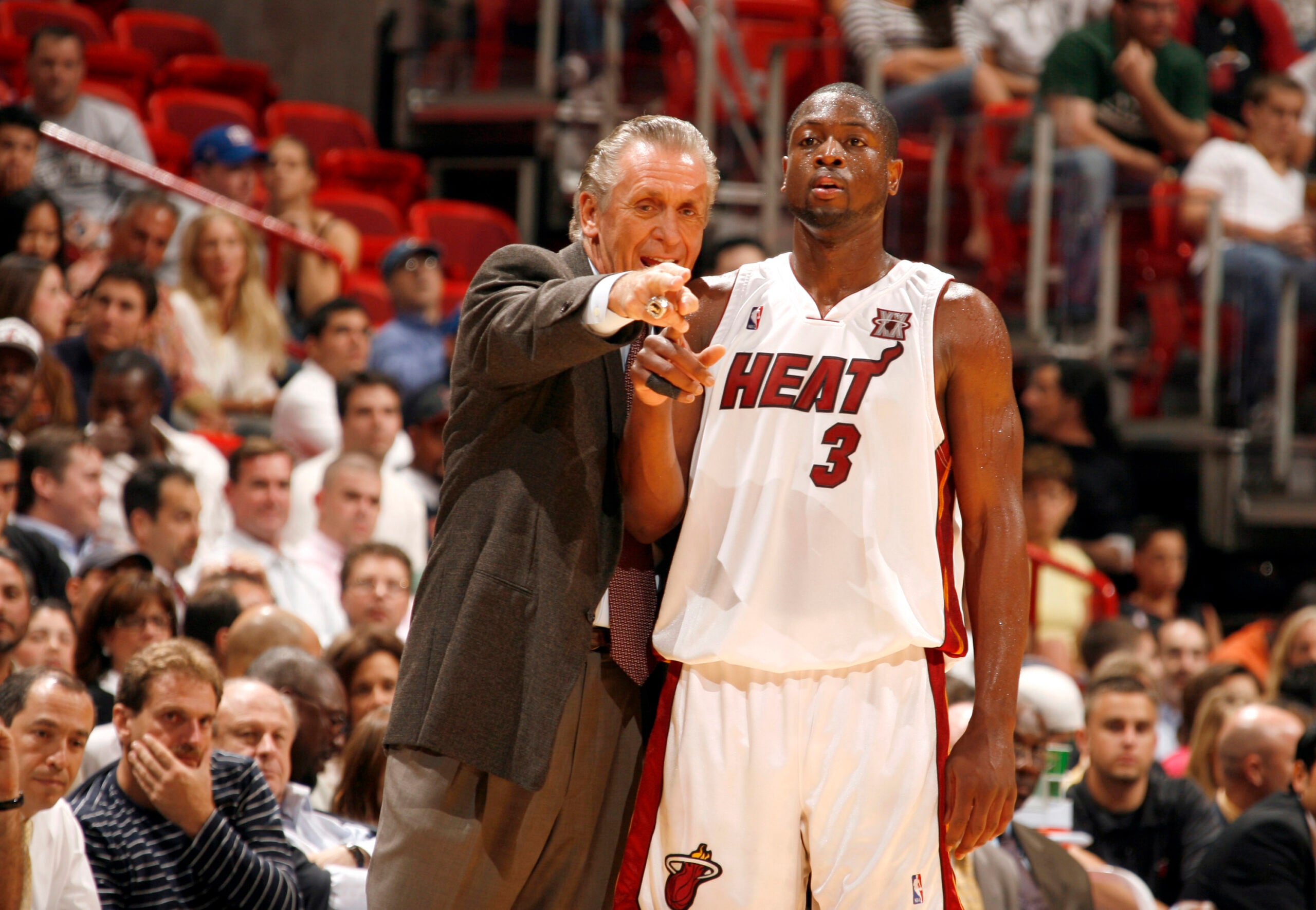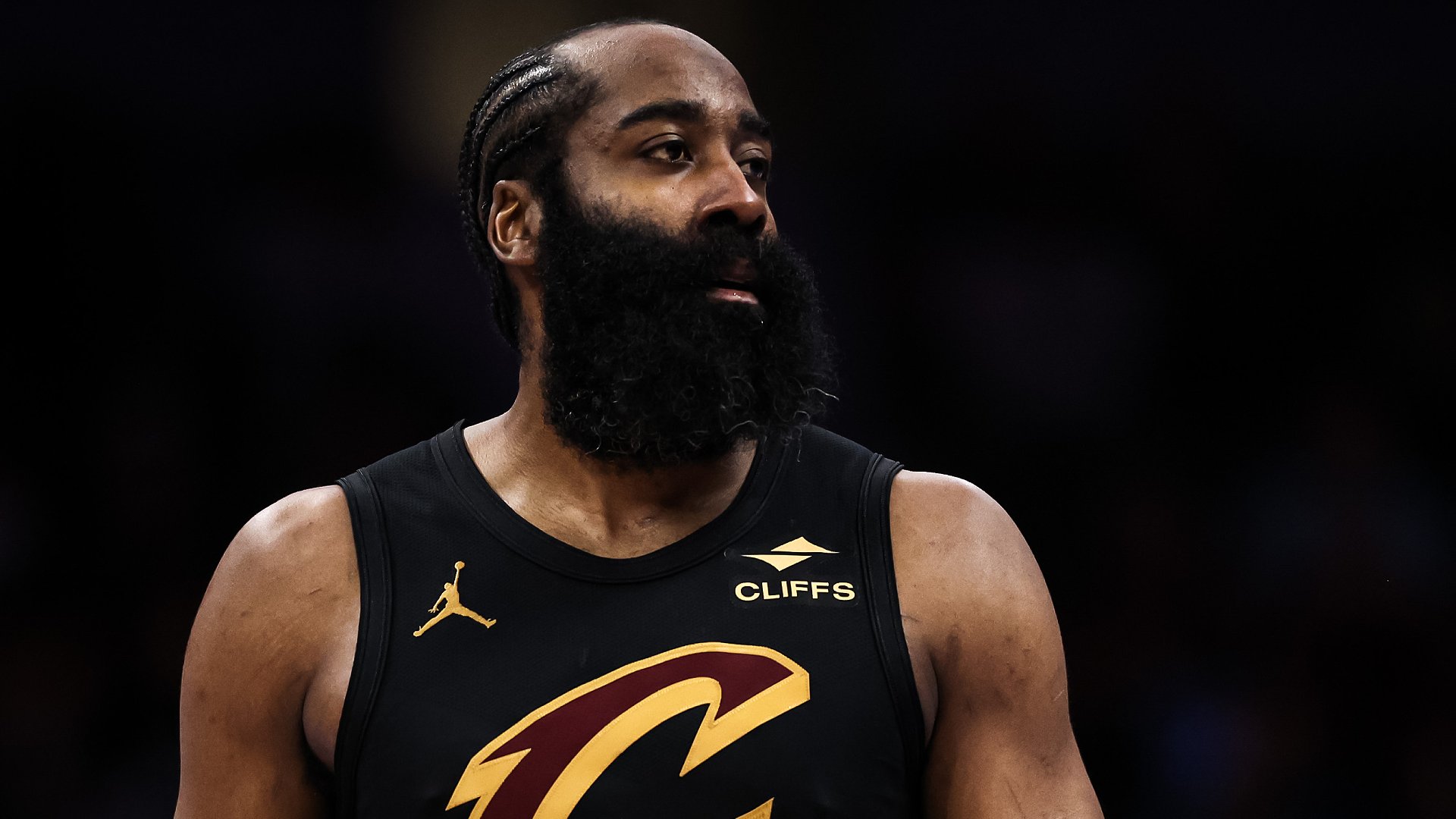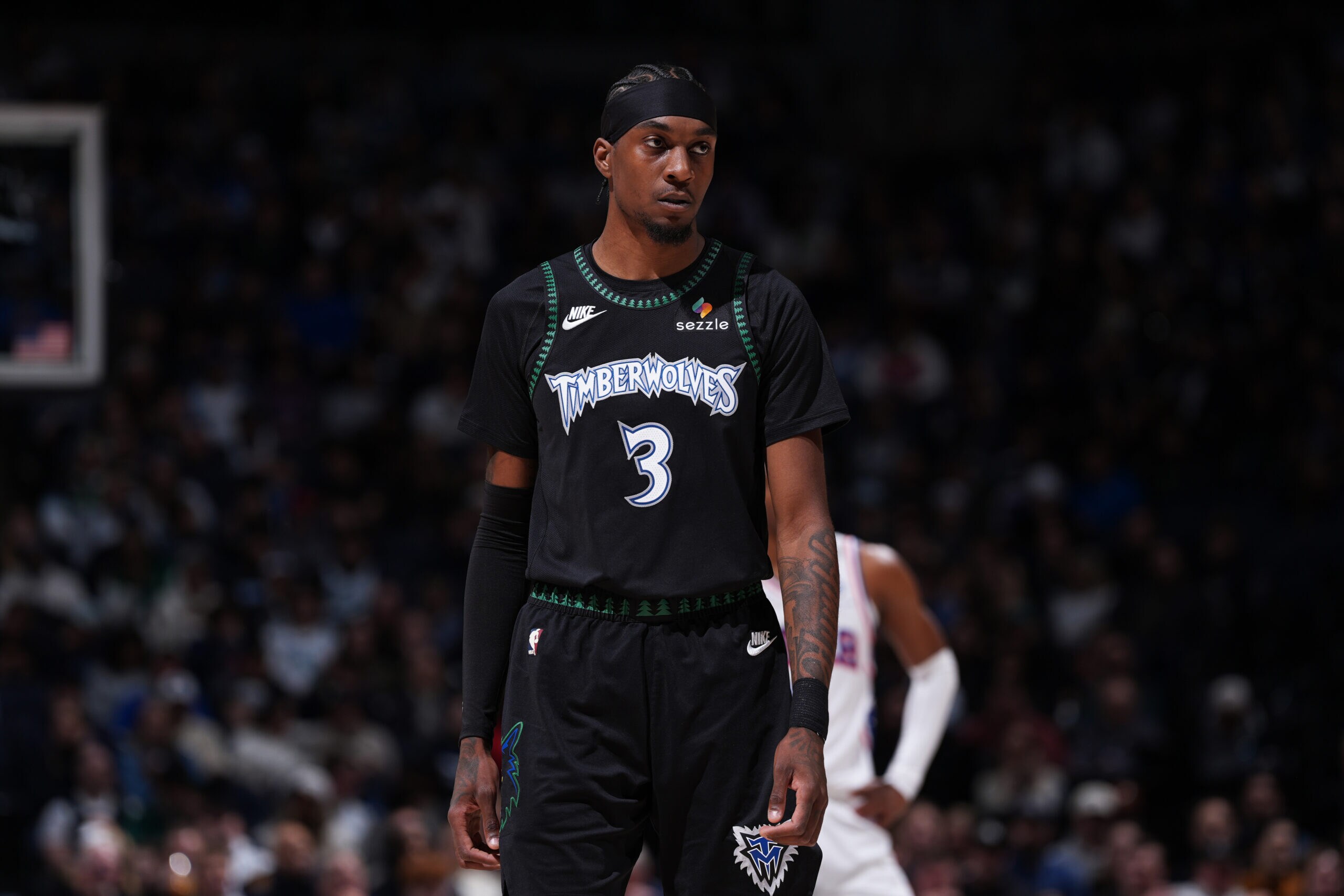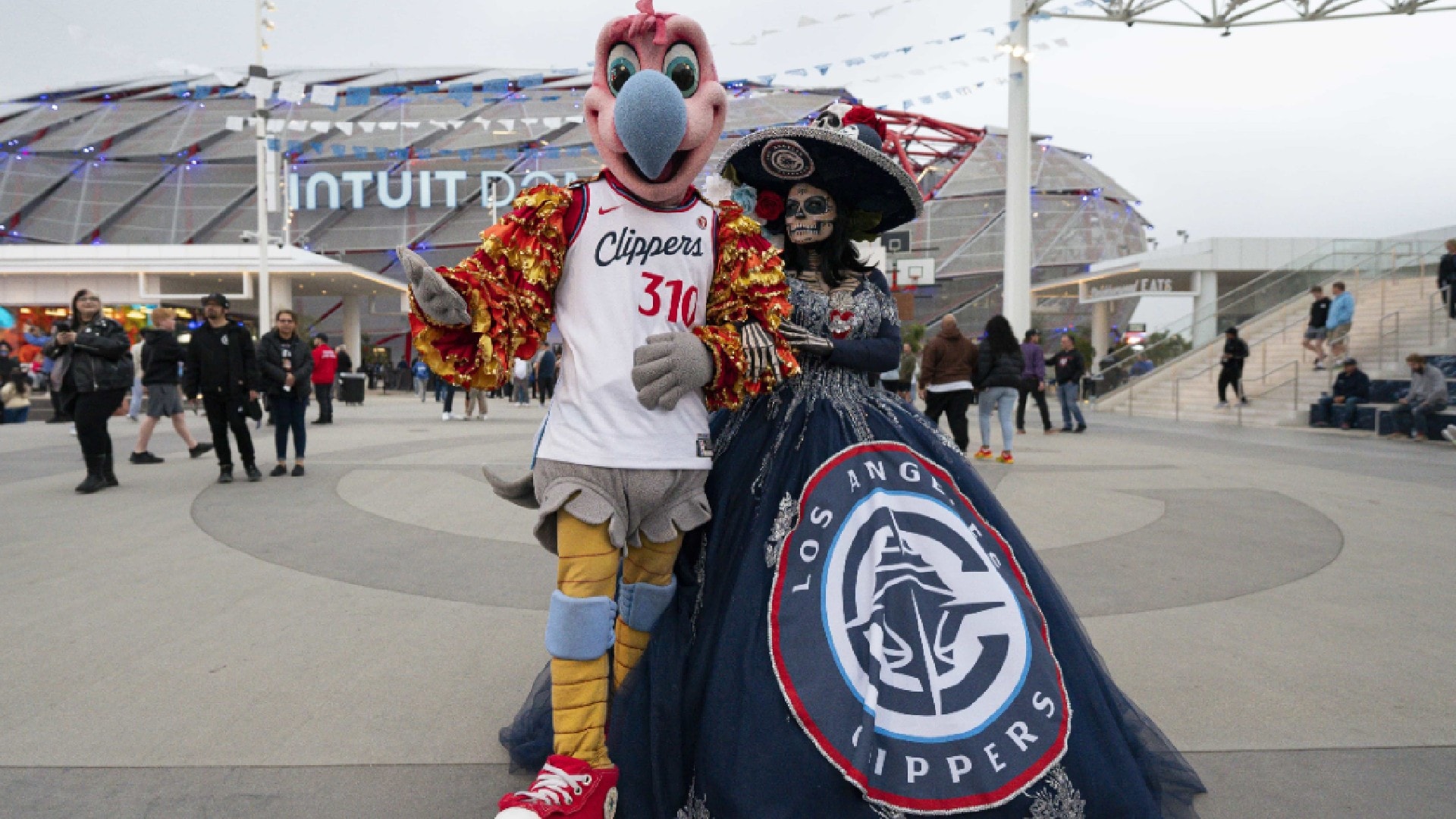
Chauncey Billups still frequents Detroit often as a coach for the Portland Trail Blazers.
See the players with their jerseys raised to the rafters for one of the grittiest franchises in league history.
The Detroit Pistons have a banner in the rafters for former owner Bill Davidson, as well as former GM Jack McCloskey. Detroit retired the No. 2 for Chuck Daly, but not because he wore that number there as a player. Daly was the coach when the Pistons won back-to-back titles, and the No. 2 is in honor of that. That leaves the Pistons with 10 players who have had their numbers retired. Unsurprisingly, the majority of them are tied to one title team or another. Here’s a rundown of the 10 Pistons with retired numbers.
Chauncey Billups: No. 1
We start, fittingly, at number 1. A 2024 addition to the Basketball Hall of Fame, Billups took a circuitous, sometimes tumultuous, path to Detroit. He found his footing as the point guard of the Pistons, making three All-Star Games and winning Finals MVP in 2004, the clincher for his Hall case (and his number retirement).
Ben Wallace: No. 3
Wallace’s rise was even more thrilling than Billups’. Billups was a high pick who took time to figure it out. Wallace was an undersized big man who went undrafted and didn’t pop with Washington or Orlando. The Pistons gave him a shot and he became the face of the 2000s Pistons. “Big Ben” led the NBA in rebounding twice, blocks once, and won a whopping four Defensive Player of the Year awards.
Joe Dumars: No. 4
In a way, Dumars’ number retirement pulls double duty. Not only did he play for the Pistons’ back-to-back title-winning teams, he was the front-office architect of the 2004 title winner. Dumars also is the third Hall of Famer already on this list.
Dennis Rodman: No. 10
The Rodman of the Pistons is not the Rodman you may be thinking of. You know, the flashy hair, the brash personality, the befriending of dictators, all that. Back then, Rodman was less flashy but still an elite rebounder. His two Defensive Player of the Year awards came with the Pistons, and in his final two seasons with the team he averaged over 18.0 rebounds per game.
Isiah Thomas: No. 11
Dumars played the Robin role, and Rodman got the rebounds, but Thomas was the focal point of the Pistons when they won titles in 1989 and 1990. He played his entire career with the franchise and made a remarkable 12 All-Star Games in 13 seasons. If you are looking for the best player in Pistons history, you are probably looking at him.
Vinnie Johnson: No. 15
Sure, there have been “microwave scorers.” You know, guys who come off the bench hot and ready to get buckets. Well, they called Johnson “Microwave,” so clearly, he was particularly good at that. Almost exclusively coming off the bench, Johnson averaged 12.7 points per game over 10 seasons with the Pistons. However, since he was a microwave scorer, it’s worth noting he averaged 18.1 points per 36 minutes. Johnson also came up huge in the 1989 Finals against the Lakers, which probably helped him earn his number retirement.
Bob Lanier: No. 16
Lanier is the first player on this list not to win a title with the Pistons, but he gets us back to the Hall of Famers after a brief sidepath with Johnson. The center played throughout the 1970s for the Pistons after being the first-overall pick in the 1970 NBA Draft. Lanier couldn’t take them to a title, but he made seven All-Star Games and finished in the top four in MVP voting twice.
Dave Bing: No. 21
Bing’s number was the first retired by the franchise, with the event happening in 1983. He’s an early Piston, as he played with the team from 1966 through 1975. Bing won Rookie of the Year, was first-team All-NBA twice, and finished in the top four in MVP voting twice. He’s a Hall of Famer, and is well-known in the city of Detroit. Later in life, Bing served as mayor of the city.
Richard Hamilton: No. 32
Hamilton is the third member of the 2004 title team on this list. Like Ben Wallace, Hamilton started his career with Washington, but he had more success there. His role was to get the buckets, and he averaged 18.4 points per contest across nine seasons with the Pistons. Hamilton made three All-Star Games, and during the 2004 playoffs, he averaged over 20 points per game in every series.
Bill Laimbeer: No. 40
If Ben Wallace was the face of the “Goin’ to Work” Pistons, Laimbeer was the face of the “Bad Boy” Pistons. There’s a reason why there was a Super Nintendo game called Bill Laimbeer’s Combat Basketball. Laimbeer was not afraid to mix it up. If you wanted to have a go at Thomas or Dumars, you had to go through Laimbeer. However, he was no slouch on the court. He made four All-Star Games with the Pistons and once led the NBA in rebounding with the team.




